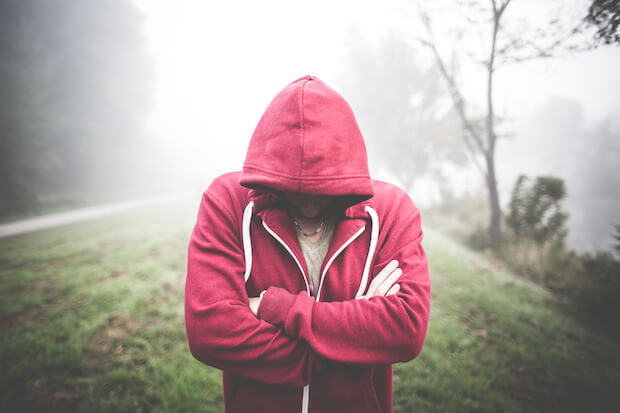
Sometimes, teens just stink. As parents, we wonder if they even notice their personal hygiene problems. But truth be told, when we were that age, we were probably taught personal hygiene; it didn’t come naturally. And other times, the stink may not be the obvious giveaway that you need to discuss hygiene with a teen. Germs and bacteria can secretly cause sickness or infections right under our noses (sometimes literally – like in our mouths!).
The subject can be awkward. So, in this article, we will discuss how to teach teens about personal hygiene lessons.
When teaching teens about personal hygiene, make the conversation as normal and frank as possible
Bad personal hygiene is embarrassing. And sometimes, the teen may not even realize they need help in this area. Other times, they may not know what to do, or are too embarrassed to ask.
When teens hit puberty, their body is going through multiple changes. New sweat glands start operating. Not to mention, girls get their periods, and boys experience wet dreams. Both can be susceptible to yeast infections, acne, cold sores, cavities and so on. Who really wants to talk about this? Wouldn’t you feel ‘dirty’ if you had no idea how these things started happening to your body? And if kids at school are making fun of them, they can be even more embarrassed by them.
But when an adult makes them feel comfortable, and lets them know that this is normal, the teen may better get the impression that it’s ok to ask questions. Being frank when teaching teens about personal hygiene can help remove the awkwardness. Sometimes, having the same-sex adult tell a teen about personal hygiene practices can help too.
If you act like this is so secretive and ‘yucky’, or give them the “phewww! You stink!” glance, you might induce insecurity, which will prevent them from wanting to talk about it at all. And you need them to be open to talking about it, if you’ll get through to them.
If they act like they don’t care, teach teens the consequences of bad hygiene
Following up with being frank, a parent or adult role model needs to also tell teens why personal hygiene is important.
When they were little, they may have been taught to wash their hands after going to the bathroom, or before eating a meal. They also learned to cough with their mouth covered, and to brush their teeth before bed. These practices would prevent them from getting sick. Or maybe they did it just because mom and dad told them to.
But when they are teens, they may need more reason than “it’s a rule” to keep themselves clean.
It wouldn’t hurt to explain how bacteria grows on the skin to cause stink and infections, or that cross-contamination is a ‘thing.’ And, it’s in a teen’s best interest to follow self-cleaning routines; it can control acne, avoid itchy rashes, keep their adult teeth longer, reduce bad breath and make them smell nicer in front of friends – even those they are attracted to! (if they’re at that stage).
According to an article by WebMD, additional tips on this matter include:
- Letting them know what is true and not true about commonly held beliefs on hygiene (for instance, oily french fries are not the cause of acne).
- Making it a ‘chore’ if the teen is unmotivated to stay clean for their own interests. The article linked to earlier in this article also suggests writing down a hygiene schedule for special needs kids, who may need the extra help remembering.
- Discussing puberty at the right time, so kids know what’s coming, and don’t believe the weird things kids at school may be telling them.
- Asking a doctor to help out with the education needed, if necessary.
To teach teens about personal hygiene, you have to be a good role model
Also noted in the WebMD article, it’s important to be a good role model when teaching teens about personal hygiene. Don’t think kids aren’t watching – any parent can tell you they’ve been surprised by this. If you’re falling asleep on the couch and not brushing your teeth before bed, they can use that as an excuse to think it’s ok for them to do it too. And you don’t want to be paying for the dental bills as a result of those bad oral hygiene practices.
The same goes for showering, grooming, using deodorant (or antiperspirant) and so on. And, openly telling your son or daughter that you’re visiting the doctor for routine visits related to health may also set the example for them that they should be doing this too. If they see you sharing a water bottle or chapstick with someone, they may start doing it with friends, without regard to the fact that they can catch colds that way. So make sure they know when it’s ok, or not ok to do that.
You can make it fun for them too. For example, try hairstyles together, or shop for hygiene products together. Girls may like picking out the smells of some soaps. And boys may like making their cleaned hair look like a celebrity’s. Maybe not the best examples, but you get the idea. And sure, teens may not enjoy their parents being that intimate with them. So give them space if they need it.
As teens become more independent, their soon-to-be adult lives will need to be full of lessons on personal hygiene – just as much as they need to know about other life skills.




